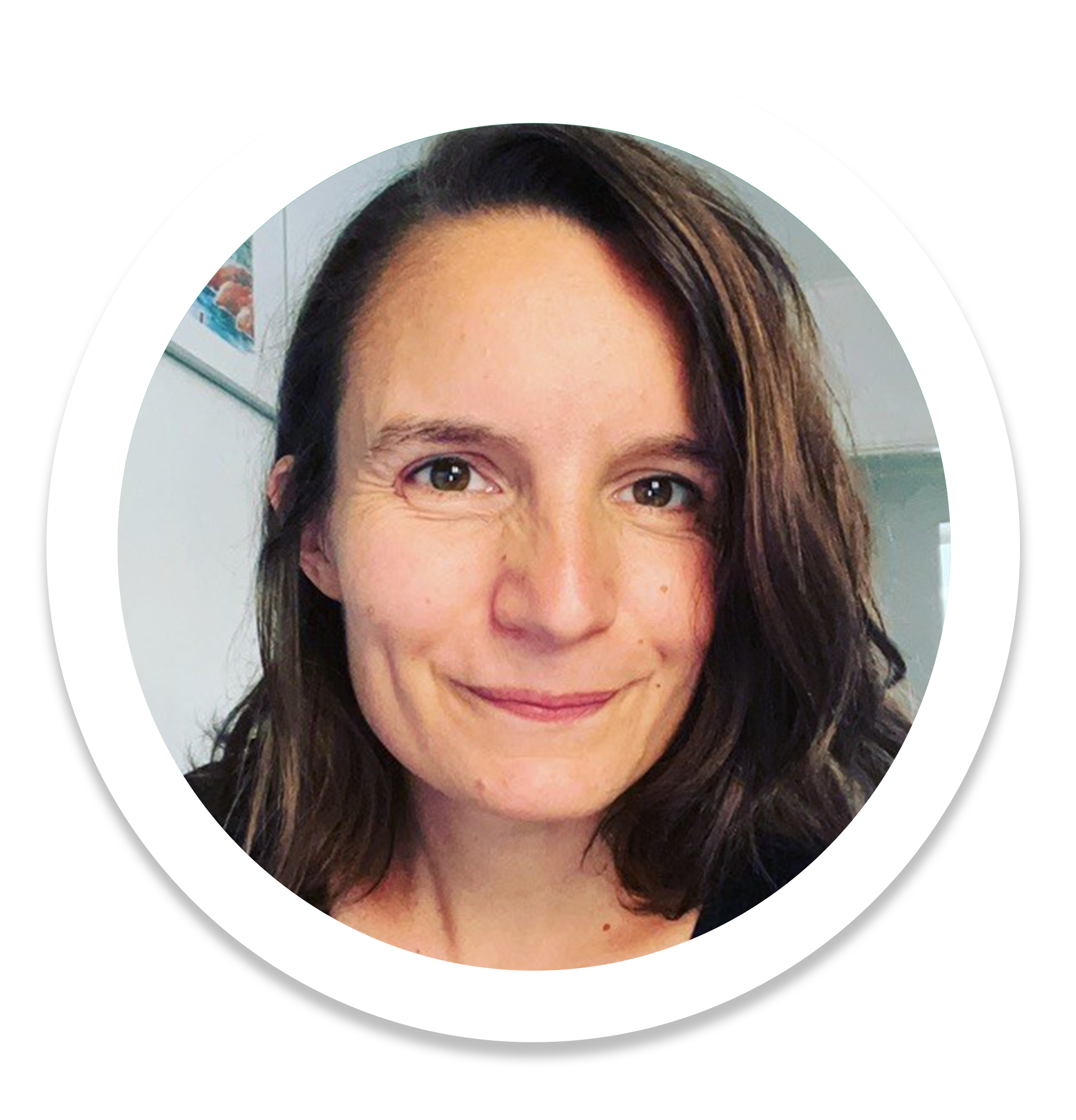How Spotify Scales Technical Learning
TL;DR Spotify’s approach to technical learning is fast, flexible, and rooted in collective intelligence. Maya Brandel, Head of Technical Learning at Spotify, shared how the company enables engineers to teach and learn from one another in real time, while embracing imperfection and iteration. Key takeaways: treat training like a product, embed learning in engineering culture, and design for real-time, peer-based engagement. If you’re looking to build scalable, SME-driven learning inside a tech org, this episode is a masterclass.
Why Technical Learning at Scale Looks Different at Spotify
“Most people don’t finish on-demand courses. But when we add a Slack channel and a start date? Completion rates skyrocket.”
Technical learning in fast-paced organizations isn’t about course catalogs—it’s about unblocking engineers in the flow of work. Spotify’s approach to this challenge is rooted in collaborative learning: a model where subject matter experts (SMEs) teach what they know to peers, on demand, in flexible formats.
Unlike traditional LMS-driven content that quickly becomes outdated, Spotify’s model is alive, adaptable, and community-powered. Maya Brandel, Head of Technical Learning, describes how the company grew grassroots knowledge-sharing into an embedded engine for engineering velocity.
From Academia to Agile: Maya Brandel’s Journey
Maya began her career designing MOOCs and flipped classroom experiences at HKUST. While the reach was massive, the engagement often wasn’t.
“We had courses with millions of learners, but completion rates were in the single digits. When we added structure—cohorts, start dates, light community engagement—things changed.”
This early insight stuck with her. Learning only works if it’s engaging. And engagement, Maya learned, often comes from structure, community, and relevance.
When she moved from academia to Spotify, Maya carried that philosophy with her but adapted it to the pace and chaos of a high-growth tech company. She replaced polish with speed, perfection with iteration, and control with collaboration.
The Spotify Playbook: Training as Product, Not Project
Spotify’s technical learning isn’t about building courses. It’s about building products that solve learning problems quickly and scalably.
Here’s what that looks like:
- Start with an MVP: Launch a basic version of a course to solve an immediate need.
- Co-build with engineers: Subject matter experts drive content creation.
- Iterate in public: Feedback is gathered from live sessions and Slack channels.
- Evolve formats over time: Content matures into blended or asynchronous formats only after proving value.
“It’s not about launching a perfect course. It’s about delivering value, fast.”
This means live courses can launch in days, evolve weekly, and sunset when no longer needed. Training is treated like code. It’s built, tested, iterated, and deprecated.
What Makes Technical Learning Stick: Community + Context
Too often, companies assume more content equals better learning. Spotify knows better. Their model centers on:
- Cohort-based learning: People learn better together than alone.
- Peer-led sessions: Engineers trust and learn from each other.
- Light community scaffolding: Even a Slack channel makes a measurable difference.
“Solo learning scales. But it doesn’t stick.”
Cohorts create accountability. Peer sessions drive relevance. And even minimal social interaction triggers emotional engagement which is key to retention.
Spotify also distinguishes between just-in-time learning and just-in-case training. Their programs prioritize skill transfer and context, not rote instruction.
Technical Learning vs. Documentation vs. AI Agents
Spotify doesn’t pretend training is the answer to everything. Their internal knowledge strategy spans three layers:
- Documentation: For fast, precise answers to known questions.
- Training: For deeper skill development and decision frameworks.
- AI agents: For surfacing tacit knowledge in real time.
“Sometimes you need the recipe. Other times you need to learn to cook.”
This layered approach ensures engineers can find help in the format that matches their need, from lightweight nudges to immersive learning.
Embedding Learning in Engineering Culture
What makes Spotify unique isn’t just tools or tactics—it’s culture. Learning isn’t outsourced to HR. It’s embedded in the engineering org.
- Maya’s team reports into Platform Engineering.
- Engineers help design and teach courses.
- Learning is part of the engineering promotion framework.
“We sit with engineers. We eat lunch with them. We learn what they need in real time.”
This proximity builds trust, encourages collaboration, and ensures learning is responsive—not reactive.
Where It’s Headed: Smart Nudges, Collective Intelligence, and Real-Time Relevance
Spotify’s learning team is increasingly focused on agents and intelligent systems that surface the right knowledge at the right moment.
“Engagement—not content—is the core challenge. We’re excited about AI that supports behavior change.”
The company already uses internal tools like Skill Exchange and ICA (an AI-powered knowledge assistant) to federate tribal knowledge and connect engineers to answers. The future is about layering learning into the engineering workflow, invisibly.
Spotify’s goal: turn individual expertise into organizational memory. And make that memory searchable, teachable, and actionable in the moment.
Advice for the Next Generation of Learning Leaders
Maya’s advice to new instructional designers or technical learning leads?
“You don’t need a 5-year plan. Follow your curiosity. Build something real. Learn in public.”
Her journey—from startups to academia to hypergrowth tech—reflects the core ethos of Spotify’s model: stay close to the problem, ship fast, and let curiosity lead.
Final Thought
Technical learning isn’t content. It’s culture. It’s how engineering orgs scale without slowing down. Spotify shows that when you unleash peer teaching, treat learning like product, and embed it in the daily rhythm of engineering, learning becomes not a function but a force multiplier.
“Don’t just create training. Amplify expertise.”
Looking to enable SME-led learning at scale? Explore how PlusPlus helps engineering orgs operationalize internal knowledge without building from scratch.

